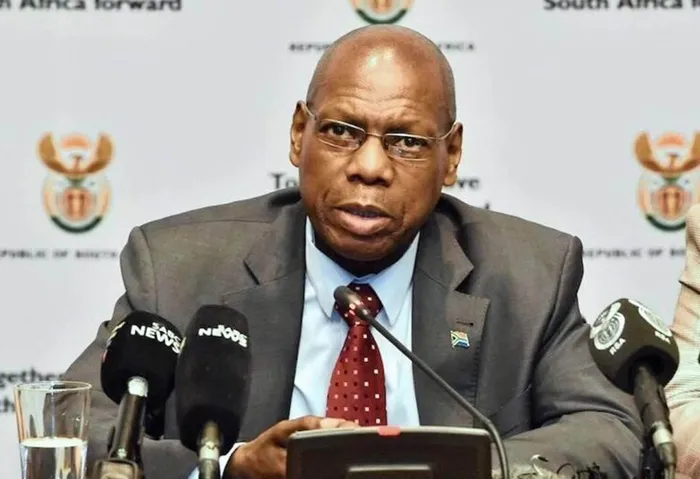Curbing Richmond violence cited in Zweli Mkhize’s campaign

Dr Zweli Mkhize
Durban — Former health minister Zweli Mkhize, who was recently nominated to run for the ANC presidency at the December elective conference, shared his role in curbing violence in Richmond in the 1980s.
Seemingly calm and relaxed in an exclusive interview with the Daily News, Mkhize spoke of the events in Richmond. He said the violence began with the Self Defence Unit’s committees and later escalated to conflicts among the comrades.
“The people killed included the then ANC Youth League chairman, Mzwandile Mbongwa, who was residing in Richmond. He was killed with two others who were part of the youth leadership. Their deaths sparked huge rage among the members of the ANC including the youth at that time.
“After that happened, inside the ANC office the bodyguards of Harry Gwala and Sifiso Nkabinde, who were part of the team, threw guns at each other and that led to some of the members being moved to the national office to defuse the matter. As a result, more gruesome violence continued in Richmond and other parts of the area.”
Mkhize said by the time the violence stopped about 103 people had been killed.
“The ANC was informed that Nkabinde had worked with the police prior to the unbanning of the ANC. The ANC took a stand to remove him from the leadership. He then formed the UDM. In that process, many people were killed including a number of councillors. Others were made to resign.
“In one instance, a guy was killed with an AK47 with about 32 rounds of ammunition. He could have just died with one bullet but that was the kind of severity of the violence. In another instance, a lady who was Umkhokheli, was in the house with a 5-year-old kid who had a bullet hole inflicted while trying to shield himself.
“One family was having a memorial service at night at around 6-7pm when unknown people came with guns and many people were shot and killed,” said Mkhize.
He said Richmond almost turned into a no-go zone, however they were able to diffuse the violence in the area and managed to get peace brokered between the parties.
“There were some areas that were called ‘no-go areas’ where only a certain party was allowed and not the other. Should the opposition be found there they would be harmed.
“I was one of the few remaining leaders who had to move from area to area explaining to people there shouldn’t be any fights, stop violence among members, remain loyal to the ANC, keep peace in the communities.
“We moved around, which also meant we had to work together with the police to investigate the murders.
“We were able to get to all the families, Nkabinde, Ndlovu, Ndabezitha, and all those that had lost had a process of reconciliation,” he said.
Daily News
Related Topics: